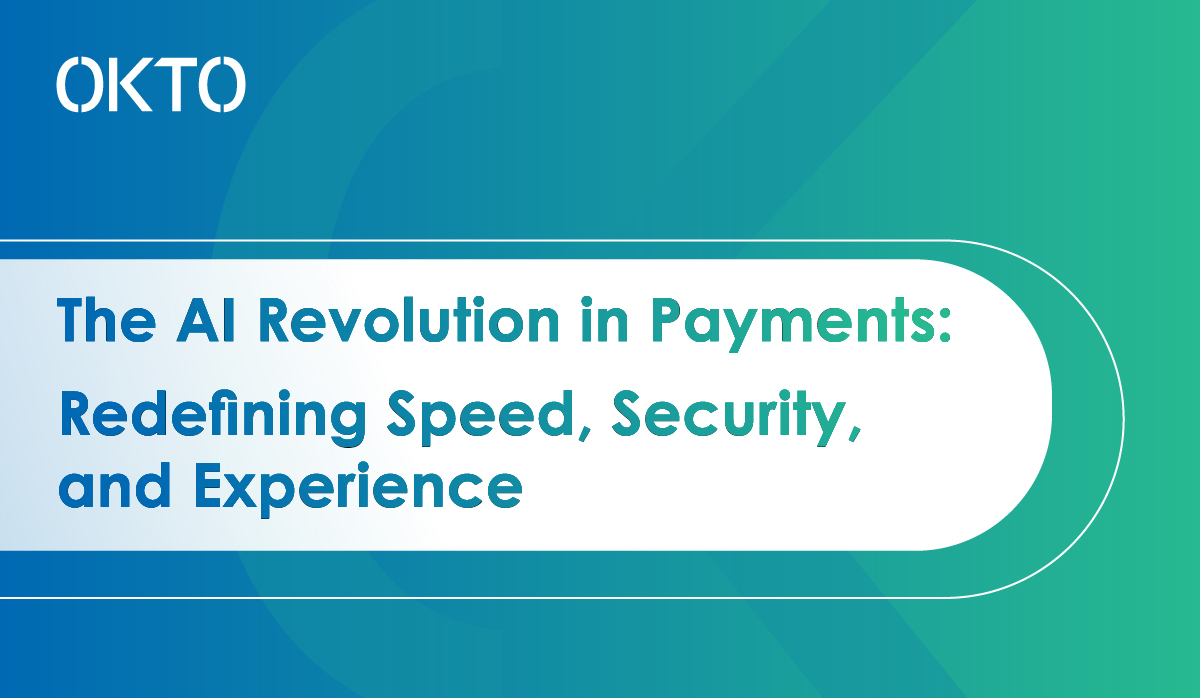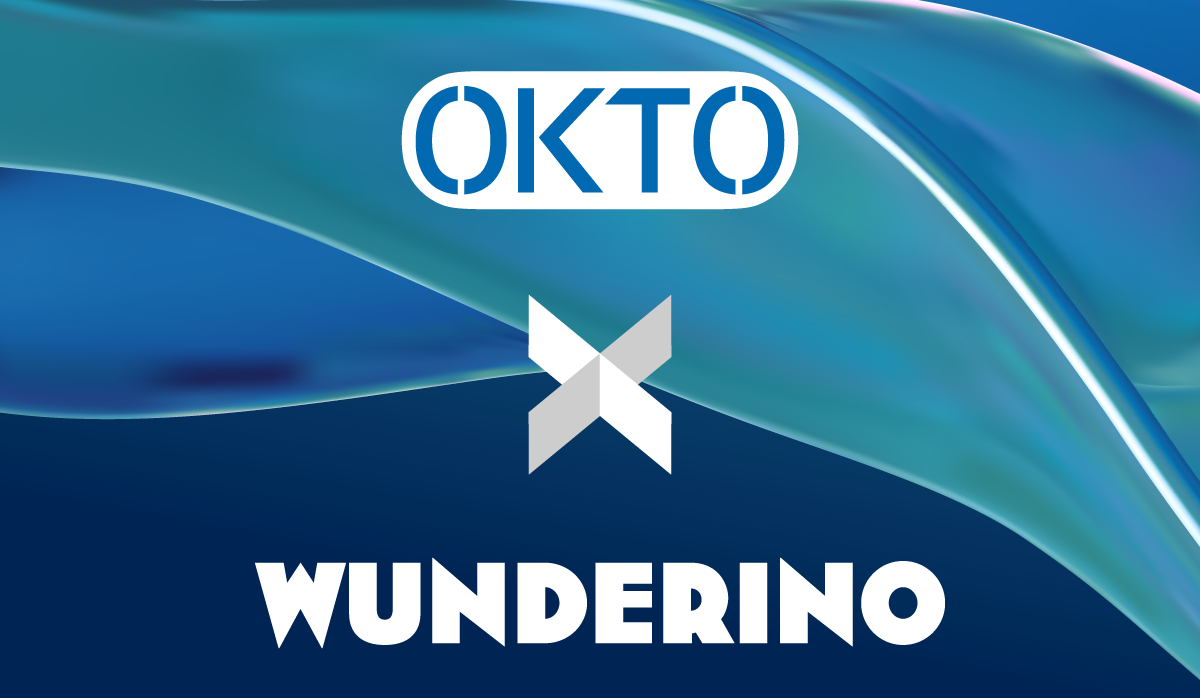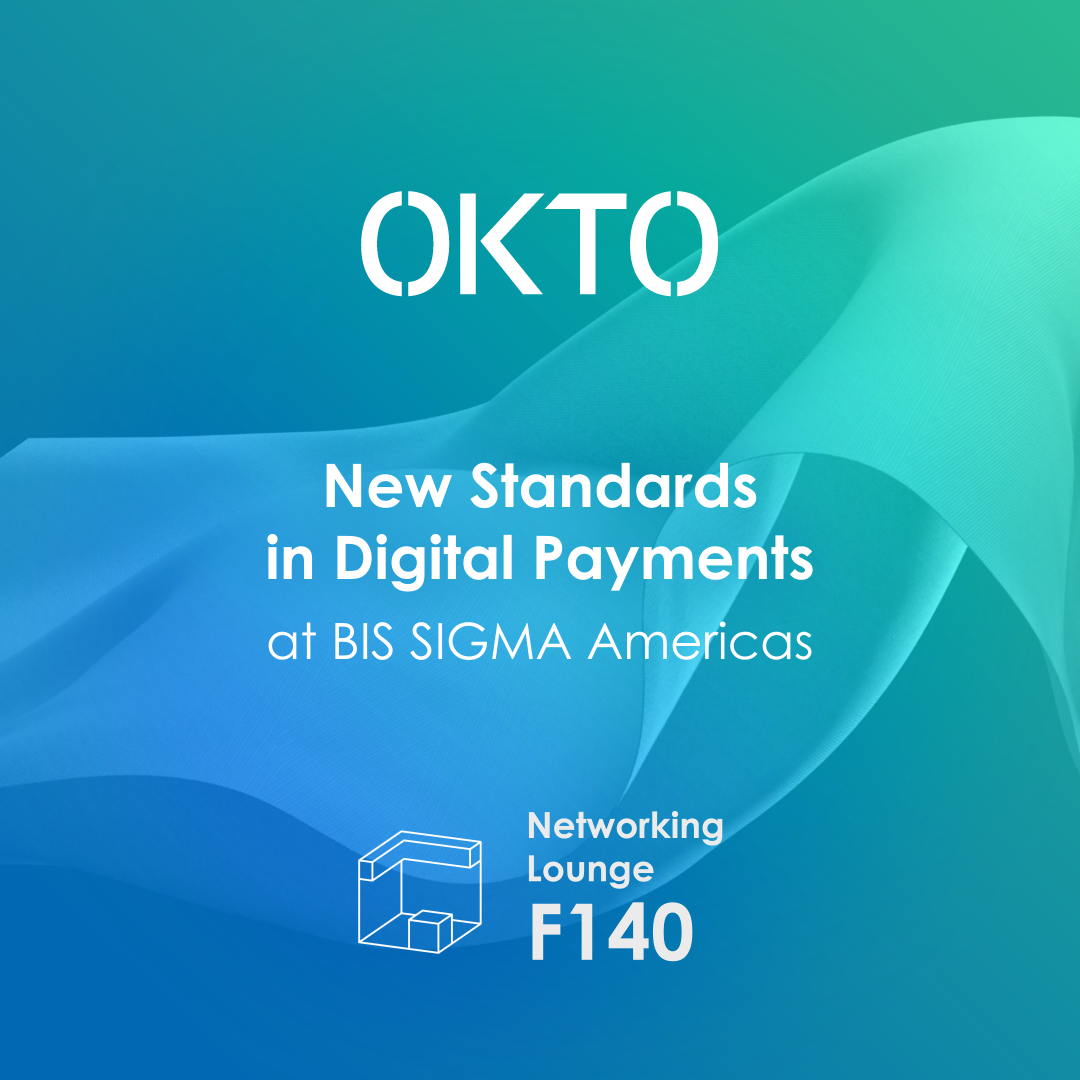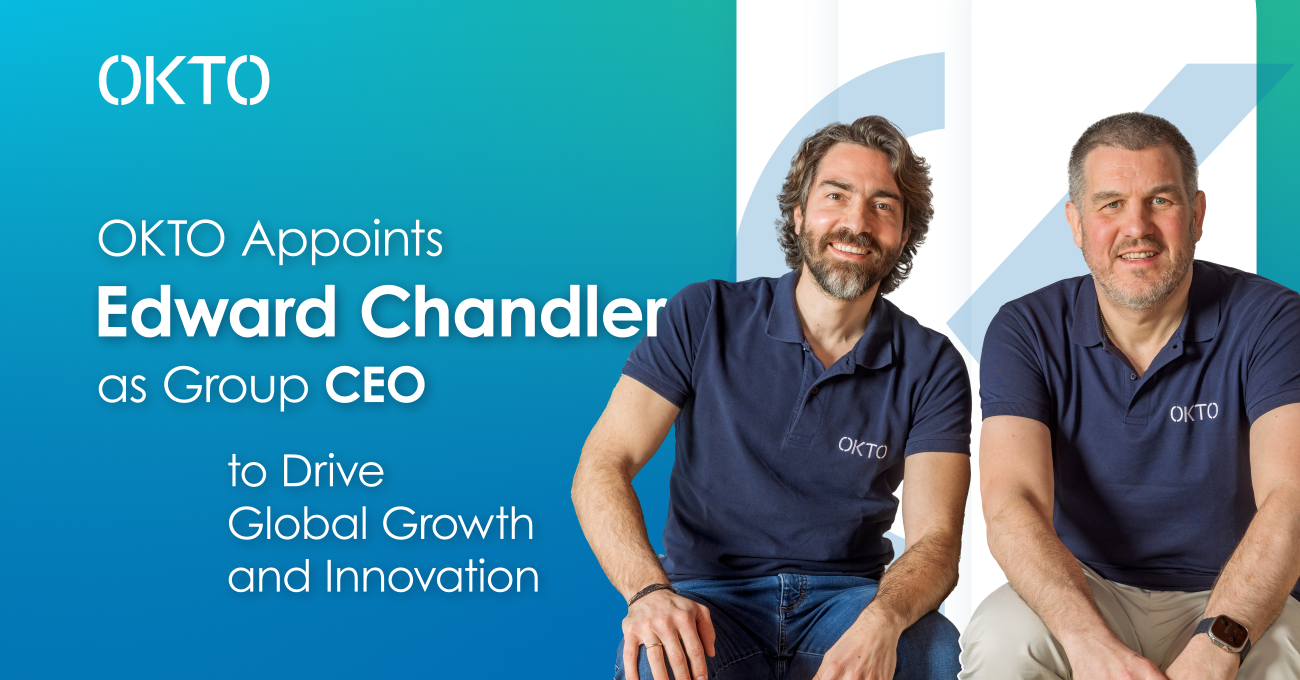Digitalisation of the gaming industry will follow certain obvious tracks – global technology trends and digital payments being certainly two of those, in an accelerated timeline via the lasting impact of the virus on consumers behaviour said OKTO CEO, Filippos Antonopoulos.
Following the European Digitalisation Forum, which was organised by OKTO, Antonopoulos told Payment Expert that adopting a cashless environment through digital payments can “simply align gaming’s role as a modern, 21st-century industry” while also helping to strengthen regulatory and responsible gaming measures.
Payment Expert: The shift towards cashless payments has undoubtedly been accelerated by the pandemic. With this in mind, how has OKTO helped alleviate any pain points associated with KYC / onboarding?
FA: Well, first of all, I would have to say that wallets are naturally geared towards alleviating KYC pain points because we onboard each and every individual user that uses our service.
The second thing is that it’s fairly easy and straightforward for us to get better at it all of the time. With the way that the payments and FinTech are dynamically growing, if you set up your payments platform and your wallet technology in a way that the APIs are dynamic, then you can always get a best of breed service from all of these wonderful companies that are raising so much cash – or also those which are already profitable in the KYC, AML and RegTech space.
So as it stands, we are very well positioned when compared to the other non-fully KYC versions of digital payments, using our technologies to combat ID fraud, verify age limits, and monitor every transaction, even doing so in retail facilities and self-service unattended terminals This will only get better too, especially with the way that the RegTech space is growing.
Payment Expert: With that in mind, do you think that the shift to a cashless environment can be beneficial to KYC and AML strategies, especially for high-risk industries such as betting and gaming?
FA: Without a doubt! From a personal point of view, I cannot wait for the opportunity to re-label the betting and gaming industry as a non-high-risk sector. This is because if we do move into a fully digital and cashless environment – in a safe KYC environment, the improved controls and enhanced scrutiny towards problem gambling and AML will likely be addressed, and hopefully eradicated! The gaming industry is no different than any other part of the leisure and entertainment industry, so why should it be different to any other part of the e-commerce industry?
A cashless environment through digital payments simply aligns gaming’s role as a modern, 21st-century industry and also bolsters regulatory and responsible gaming measures. The COVID-19 pandemic made it all the more important to enhance and advance our efforts to provide retail consumers with the payment choice they are already comfortable with in the online world, and that they have increasingly come to expect in their daily lives.
Payment Expert: Throughout the pandemic, and even beforehand, many more people were beginning to use contactless and digital payment methods. However, there are still a number of people who opt for cash payments. How has OKTO continued to meet the needs of these bettors?
FA: I personally don’t necessarily see cash and digital payments as being mutually exclusive from one another. The best way to think of payments is on a spectrum where depending on the market and the general demographic behaviour, the spectrum will tilt more towards digital payments, cards or alternative methods – and sometimes even local alternative payment methods, cash-based vouchers and cash. It’s not only about safety and speed, but also about the spectrum of choice.
So, the percentages of each of these categories of payments are going to fluctuate on this spectrum, depending on the country, player demographics and preferences. That being said, there is nothing stopping us, or any FinTech or gaming company, from accepting cash as a perfectly normal means of payment and still exacting those same stringent controls we use for digital payments.
At OKTO, we do have several products and services which do accept cash to directly top up a merchant account as closed-loop vouchers which identify the user paying and always redeem money towards that single specific user.
Obviously, with the right checks and balances, you can even accept cash for loading a wallet. It’s difficult and heavily regulated, and rightly so. But there’s nothing to say that it’s impossible.
Payment Expert: Something you briefly touched upon in your last answer was the differences in payment trends across different countries. So in terms of regional information, can you give us some insight into which markets have been quick to adopt digital payments? And how have you met the needs of people in these countries?
FA: Let’s split and slightly change this question: how quickly is the gaming regulator acting? And how quickly is the payment regulator, either the central bank or Financial Conduct Authority, acting?
I want to say that most central banks and financial regulatory institutions are moving very fast. Things such as the PSD2 and the subsequent 6th AML directive have both forced and stimulated this action. At the same time, the gaming regulator understands these trends and tries to follow suit. This is where we’re seeing some disparities.
As you can imagine, there are some gaming regulators that are moving very fast because they have the legal framework ability to do so in the sense that digital payments are already legal across a spectrum of gaming services. In which case, all they have to do is regulate it properly and implement the final touches.
Then there are countries where the law just isn’t there yet, and may currently be considered. For example, in Italy and Germany, the street machines do not, by law, allow digital payments – whether that’s card or wallet.
But then in countries such as Greece, Romania, Spain and the UK, the law does allow such payments. All that is necessary is a formal discussion and eventual homologation and certification from the gaming regulator. So, everyone wants to adopt digital payments, but not everyone is equally able to do so from a regulatory point of view.
How quickly this adoption is taking place, of course, needs to be taken into account. This is dictated by a third parameter: the players. There are some economies that are heavily cash-based, there are some where the majority of their players are in favour of digital payments. Thus, it entirely depends on that third parameter.
Payment Expert: You recently organised the European Digitalisation Forum. Looking towards the future, how important will digitalisation be in changing the overall payments and the betting/gaming ecosystem?
FA: I believe that digitalisation already plays a major role, and I want it to play a major role. I think that through digitalisation, gaming can shed that label of being a high-risk industry. I think that it’s a necessity where we no longer need to be solely focusing on younger demographics; every demographic is digitally savant. We shouldn’t underestimate even older consumers and how tech-savvy they are. They use and demand a digital means of living and transacting on a daily basis. This wasn’t changed by the pandemic, only accelerated.
But one thing I do have to say about the gaming industry, and it’s more of a pragmatic realisation, is that we don’t innovate per se. Silicon Valley innovates, yes, and other such hubs of global technology development – for example, China, Japan, South Korea – who are innovating and changing the way we live. They’re the ones that introduced smartphones, mobile payment methods such as AliPay, an all-encompassing digital account, and other major innovations
Every industry converges towards these major powers of innovation. The gaming industry is following, and one close step behind is the payments industry which is following the technology industry. With that being said, I think digitalisation is going to play a major role.
We were very happy with the forum, and the speakers that we invited to the discussion came to double down my belief that digitalisation has a major role to play!
A topic that was quite popular on the agenda at the Digitalisation Forum was technological innovation. So what do you believe will be the top payment innovation in the next few years?
FA: I have a few that I think will be popular. The first is open banking – this is evidently upon us, but not in every country. People think that because of open banking there are a few things that are becoming possible. One is to completely unify our experience and behaviours as consumers, but also as savers, investors, spenders and donors. I hope that this is used for donating too. Theoretically speaking, open banking is going to be a great equaliser and I do believe that it will be a top trend both across Europe and the rest of the world.
So, the first innovation I said is a creative power, right? It’s the creative force of technology and regulation that is driving our experience as citizens. However, there is a restraining force, a policing force if you wish, the one of KYC/AML. I think that it’s going to be increasingly difficult to transact without a digital fingerprint. This is going to be a challenge because it can, and probably will, create some divides in society.
Not everyone in society has a digital ID that satisfies the rules and regulations that we have in place today – and it’s not because this person may be criminal, there are a number of factors. It may be because they are not digital in lifestyle, they might be unbanked, an incoming immigrant, an asylum seeker. Hence, I do think that we need to keep that in mind and maintain a balance.
As I said, the pandemic has definitely accelerated the shift towards digitalisation and alternative payment methods – but it has not changed things that weren’t already taking place. And, we are happy to be part of the right driving force.







